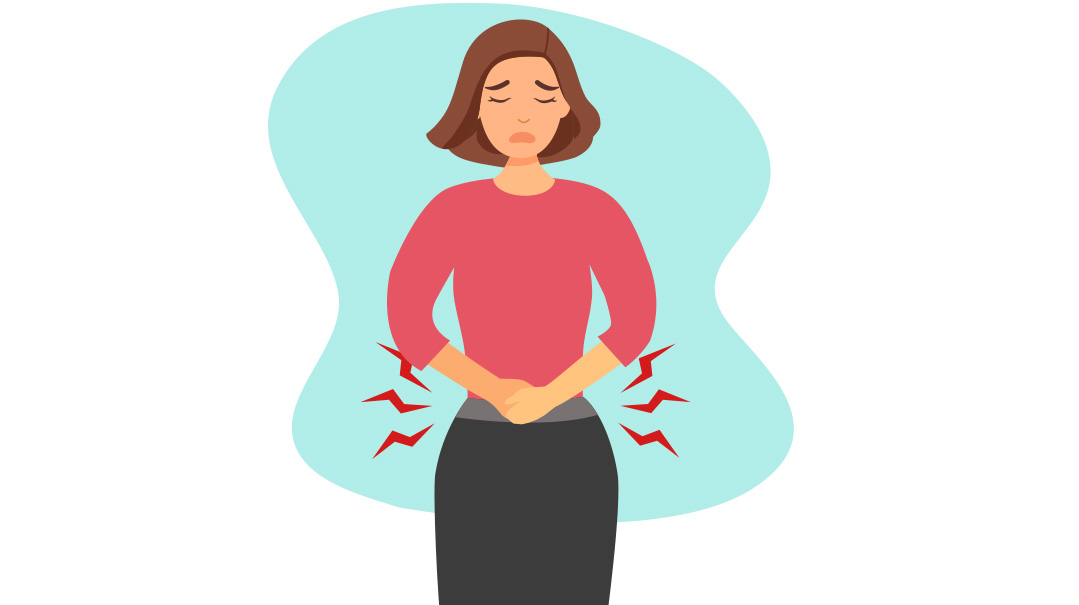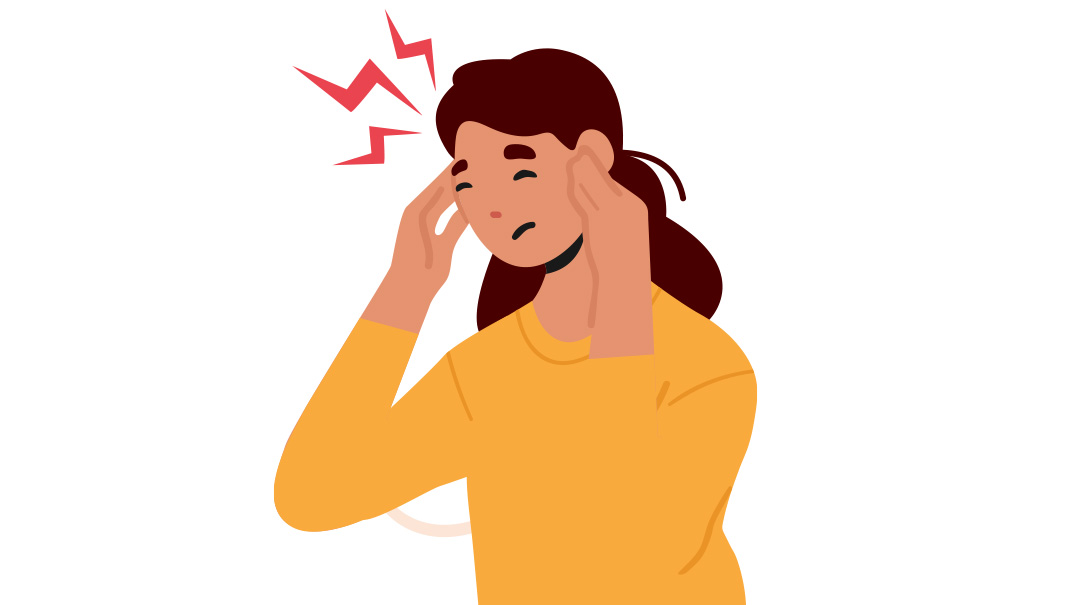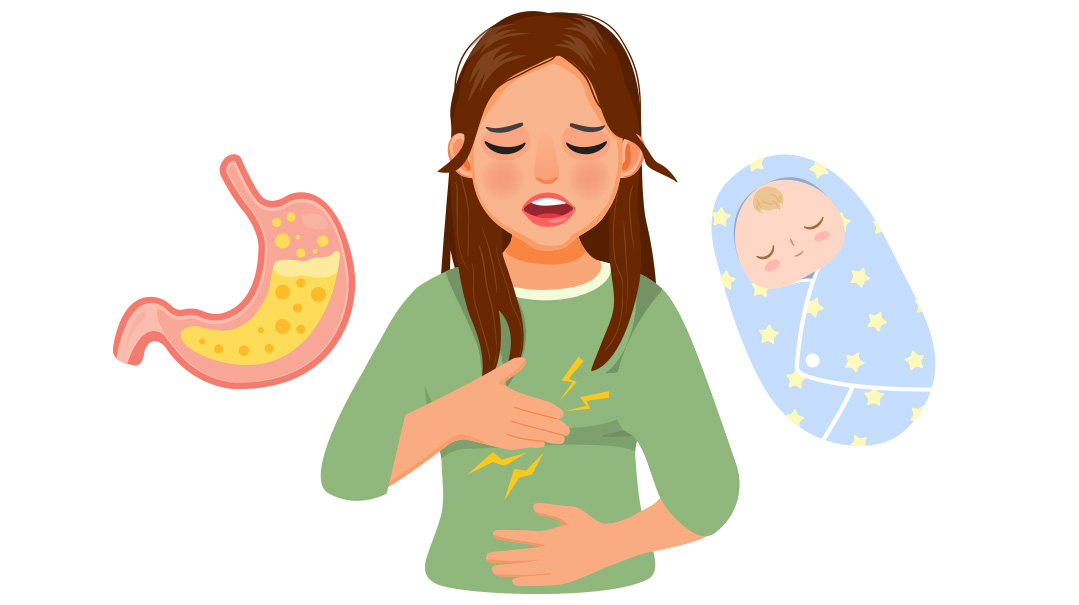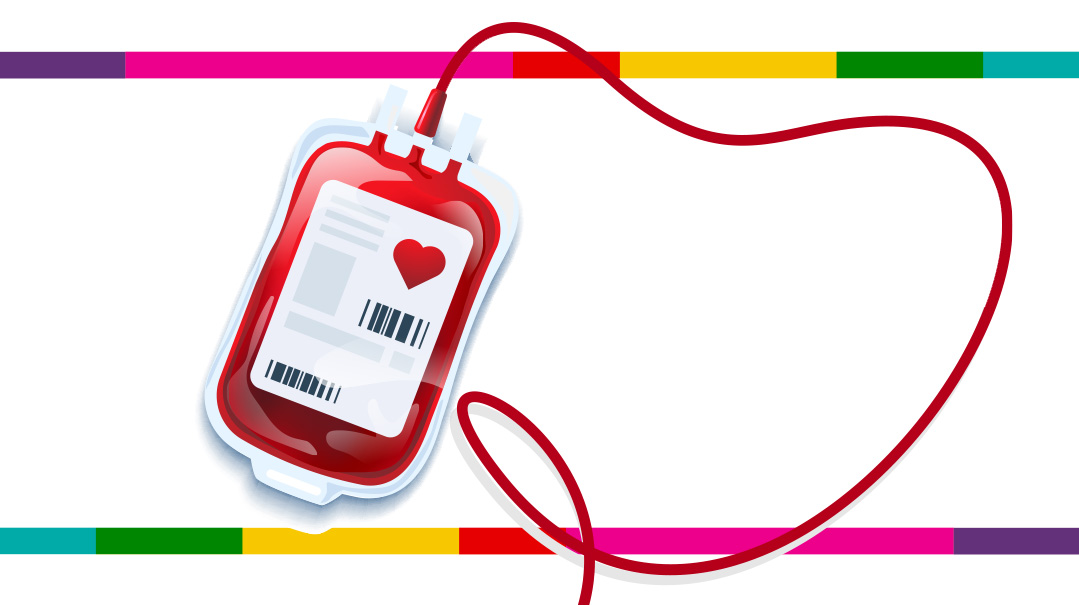Muscle Twitching
| February 7, 2023It may have been your eyelid, your thumb, your jaw, or your calf that suddenly started twitching and you were like — huh?
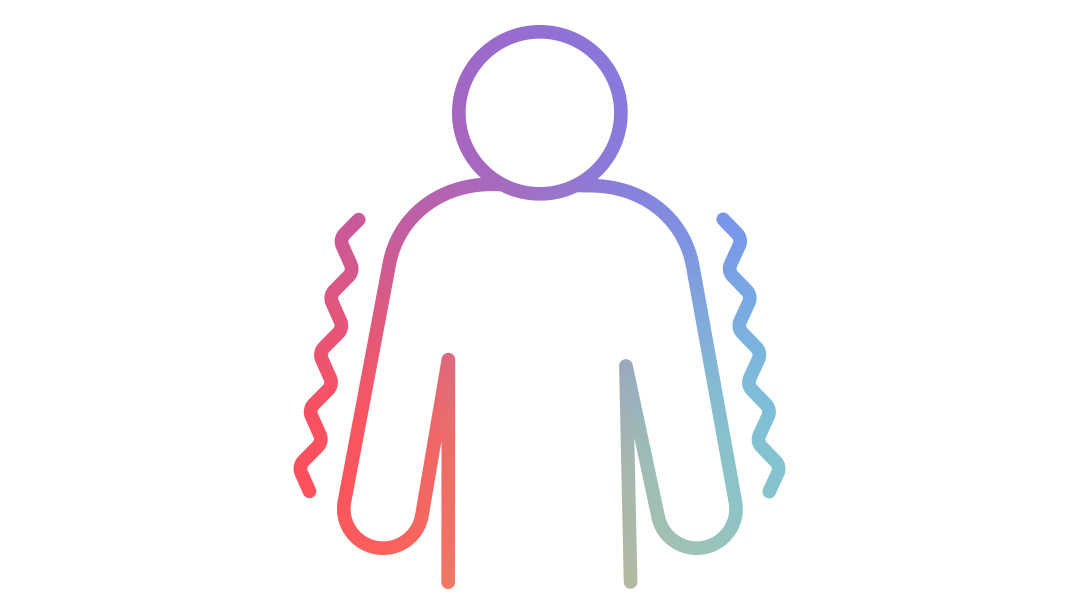
IF you ever experienced a muscle twitch, you might have wondered why your muscle was jumping involuntarily. It may have been your eyelid, your thumb, your jaw, or your calf that suddenly started twitching and you were like — huh? Everything okay over there?
You wouldn’t be the only teen to wonder. Here’s the story behind muscle twitching.
What is Muscle Twitching?
We can consciously control many of the muscles in our body and tell them just how to move and when to contract (tighten up) — making a fist or clenching your jaw, for example. Other muscles are not in our control; your heart muscle, your digestive muscles, and other muscles work all the time, with no conscious awareness on our part.
A muscle twitch happens when a muscle that we’re used to controlling contracts on its own, moving without your command. A little weird, but usually not a reason to worry.
Oops! We could not locate your form.

